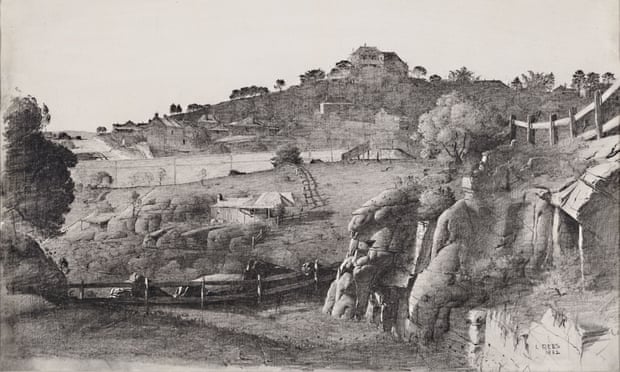
I simply wished to look upon a face –
you paused mid-sweep and gave me back my smile,
a simple thankyou doesn’t make first base.
Distracted by the pull of thing and place,
of church and bridge, of endless greening miles,
I simply wished to look upon a face
and there you were, presenting yours with grace.
This path you’ve cleared, I might yet walk awhile,
a simple thankyou doesn’t make first base.
Though history leaves fine lessons in its trace,
the changes on the human map beguile.
I simply wished to look upon a face
and so you let me, nothing left to waste.
Such beauty in your unassuming style,
a simple thankyou doesn’t make first base.
You held my hand and then you held my gaze,
a photograph to store in memory’s file.
I simply wished to look upon a face.
A simple thankyou doesn’t make first base.













